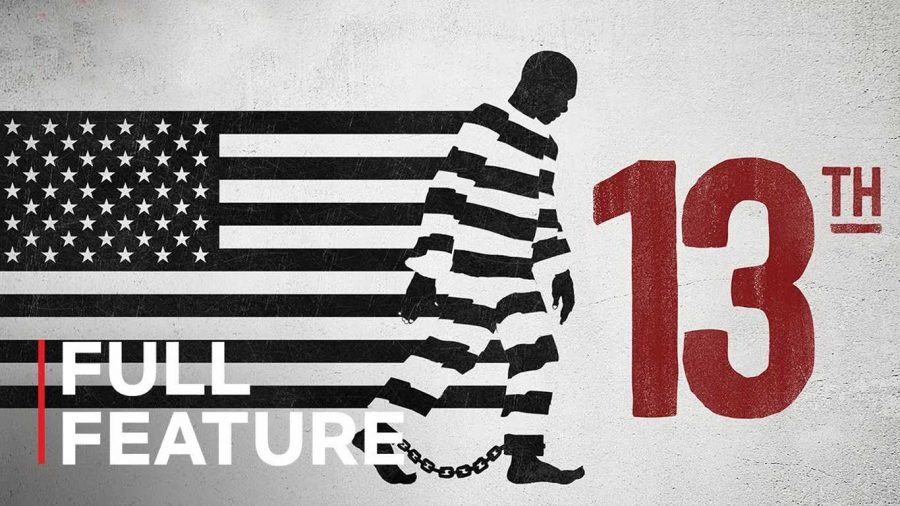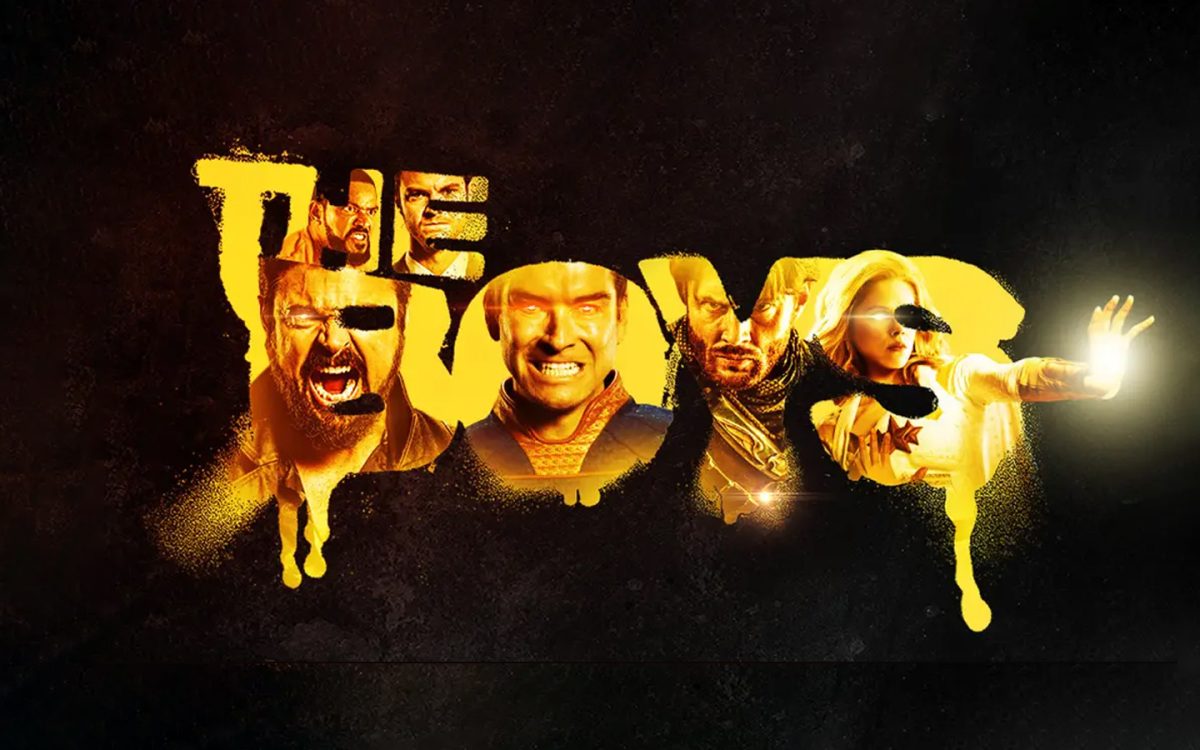America’s open wound
Ava DuVernay’s “13th” examines the long and bloody oppression of African-Americans through the American justice system
July 15, 2020
10/10
Slavery is arguably one of the United States’ most cancerous and damning stains on its young and bloody history. Many believe the 13th Amendment completely abolished slavery of all kinds, and that is not the case. There is in fact a single type of person who can be deemed to have such low societal value as to be banded as legal slaves, and they are known as criminals.
Almost immediately, any recently freed slaves were arrested for no other reason than to put them in chains, and back to work. This is the thread that Ava DuVernay’s documentary “13th” follows, leading the viewers through the social, political, and corporate contributions to the ever-present systemic oppression, dehumanization and odium of African-Americans.
A consistent theme that the documentary opens with is the word “criminal.” As previously mentioned, this loophole in the 13th Amendment granted the loss of human rights to those convicted of a crime; criminals can be made slaves. DuVernay’s film shows how swiftly after the abolition of slavery black men became characterized as rapists, murderers and criminals.
One of the most famous ways this demonization was accomplished was through the 1915 film “Birth of a Nation,” a film that glorified southern confederate rebels and vilified northern abolitionists and freed slaves. In the film, one slave who was depicted as an attempted rapist and murderer was portrayed by a white man in blackface. This criminal caricature of African-American was quickly eaten up all over the United States, and to this day the archaic social power-siphon remains in the marrow of American society with strange fruit still growing on young trees.
DuVernay’s film focuses next on how politicians used their rhetoric to levy oppressive legislation for their own boon, usually power. For example, politicians of the recent decades have had to say what the voting populous wanted to hear to earn a seat in government; things like the “war on drugs” and the “war on crime” didn’t so much as point guns at pipes and needles than they pointed them at minorities, namely Black and Latinx people.
What’s more, both of these “wars” started out as election campaign fodder, talking points, rhetoric; within years of both of these ideas being introduced where they morphed into a much more literal American war against its own citizens.
Lastly, “13th” takes aim at corporations’ role in upholding a racist foundation, which comes in the form of the American Legislative Exchange Council (ALEC). ALEC is a lobbying group of nearly all of the largest corporations in the nation; ALEC is to the U.S. government as unions are to corporations.
ALEC has made themselves known as a printing press of oppressive and socially detrimental legislation, from the “three strikes” law, which gave minor lawbreakers lifetime sentences, to a law named SB 1070 that allowed law enforcement to detain people they had “reasonable suspicion” of being an illegal immigrant. ALEC’s main focus was profit, of course, as many of their biggest benefactors have been private prison companies, bail-related corporations and product-oriented entities that exploited off prison slave labor.
All of this history and more can be found within Ava DuVernay’s film. With all things considered, “13th” is a highly informative film that, while technically a few years old, still remains of great importance in 2020. While “13th” is a Netflix documentary, it is currently available on YouTube for free. If you are interested in watching the documentary, please use the following link: youtube.com/watch?v=krfcq5pF8u8.









